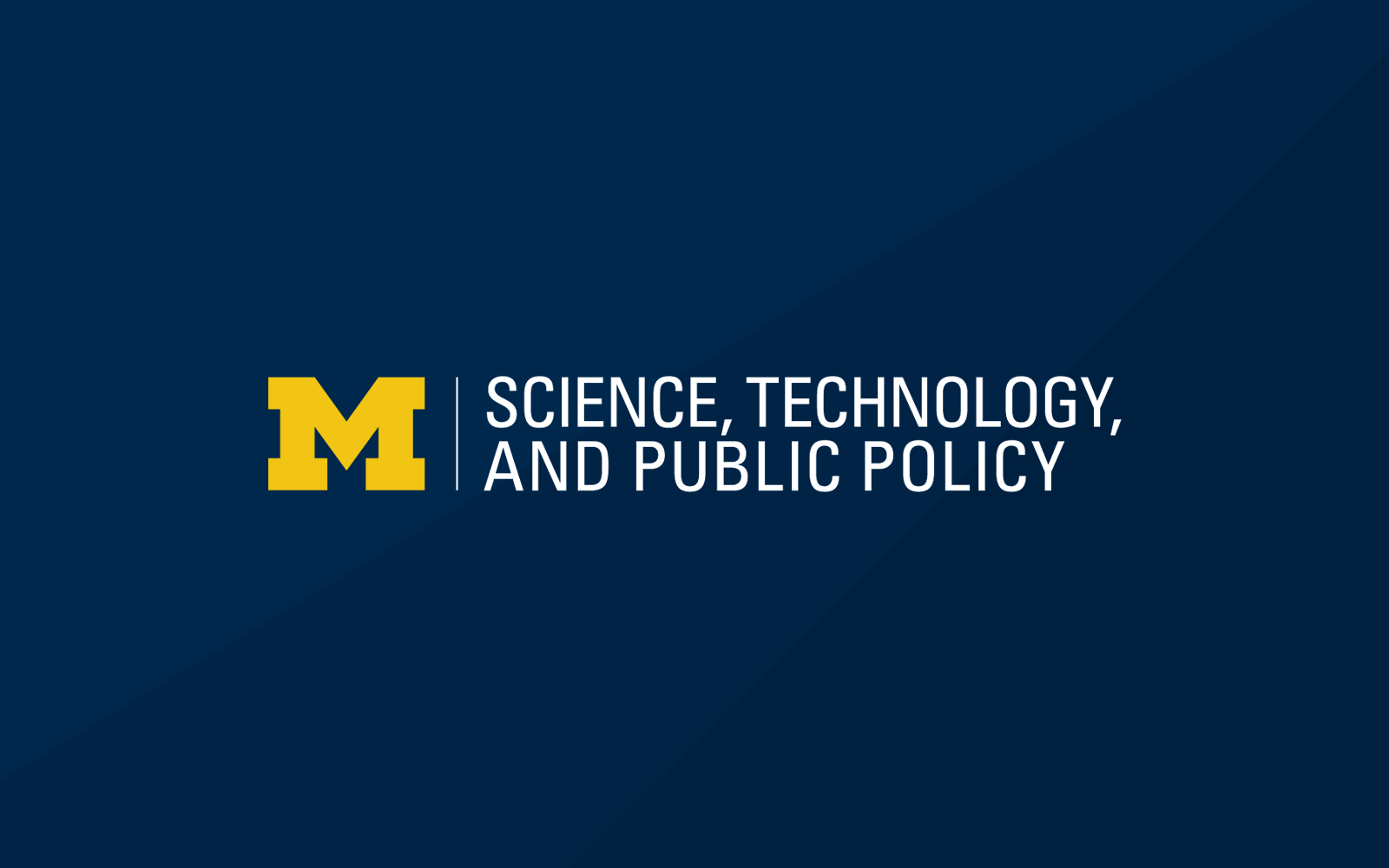
A group of Science, Technology, and Public Policy program students recently won second place in the National Science Policy Network's 2022 Science Policy Writing Competition. This year's competition challenged authors to create a policy brief based on "evidence that condensed often complicated science and technology policy issues for policymakers and the public." For the competition, Natasha Dacic, Christina Del Greco, Natalia Harris, Kelsey Kochan, and Elena Levi-D’Ancona penned a policy brief that highlighted abortion access programs at the local level, which was written before the U.S. Supreme Court's Dobbs decision overturning Roe v. Wade.
"The lack of funding and access to abortion care results in negative health and financial outcomes, particularly in marginalized communities within HAEs (Hostile Abortion Environments)," the five wrote. "Repealing the Hyde Amendment would increase in-person abortion access for patients covered by Medicaid, but we do not see this as a feasible policy recommendation. Instead, we recommend creating abortion havens by focusing policy interventions on regions within HAEs that support abortion access."
Articles were reviewed by a panel of expert science policy professionals and selected based on the timeliness of the piece, clarity of the writing and intended audience, depth of research, detail, conclusions, feasibility of recommendations, graphics, title, and overall accessibility, according to the competition website.
“We wanted to draw attention to abortion access programs at local levels to make people aware that these organizations exist, even within areas with severe abortion restrictions, especially as this was written before Dobbs v. Jackson Women’s Health Organization decision. It is more important than ever to continue to spread information about access to resources,” said Kochan.
